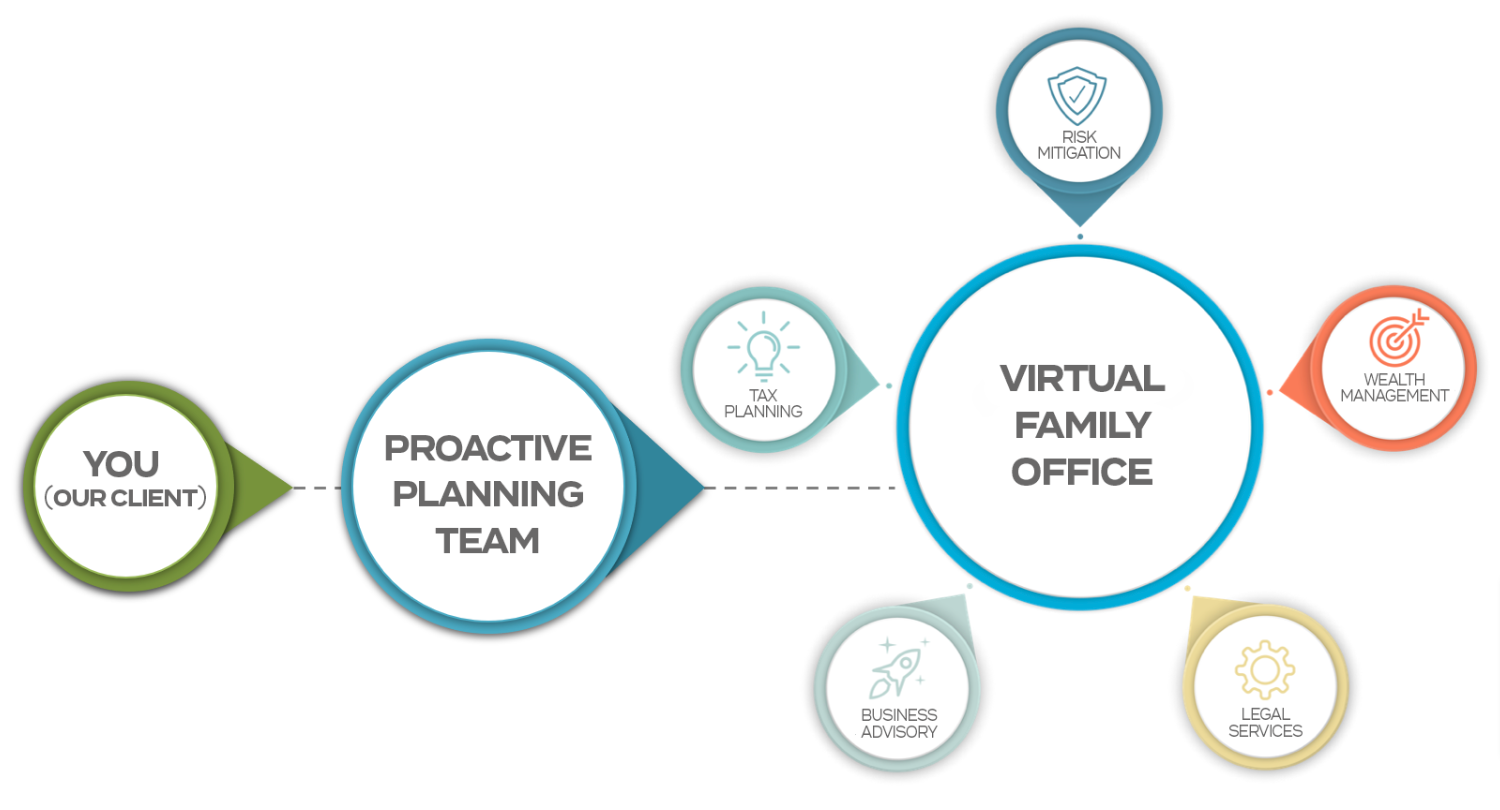Waukesha Tax Accountant Suggests You Shake Up Your Business Plans a Little
Yes, this is the last full week of tax season for Waukesha – area (the deadline is Tuesday the 15th, and you knew that, right?) — so why am I taking this time to write to you about your marketing and business strategy?
Because it’s the best way I know to keep my own iron sharp, both as a Waukesha business owner and a leader .
I get to be the one in our Waukesha tax accounting firm to keep our eyes focused in on what we do BEST. In fact, I was thinking about this very much over the weekend (between I.V. drips of caffeine), as we continued to serve our growing ranks of clients. Our inboxes are bursting, our file folders are swelled, and our families miss us.
And we keep going, with a deadline in sight.
But before I get to the subject of what I’m writing about, a few words on deadlines :
1) Tuesday, April 15 is the deadline to contribute to IRA’s, etc. in order to have them count on this year’s (2013) taxes.
2) It is also the deadline to claim the almost $800 million in unclaimed refunds for returns dating back to 2010. If you, for some reason, didn’t file for that year, you could be missing out. Call us for this special circumstance: (414) 545-1890
(Or for any other question — but again, bear with us, as we are extremely busy!)
And one last thing : if you have filed your taxes with us already, and you had a good experience, would you…
A) Write me back and tell me about it?
B) Share us on your Facebook wall…? Join us on Facebook: https://www.facebook.com/HammernikAssociates
Join us on Facebook: https://www.facebook.com/HammernikAssociates
Here’s something you can say:
I had my taxes prepared by Dale Hammernik’s team, and had a great experience. They also just told me that they are willing to help procrastinators! So, if that’s you, give them a call at: (414) 545-1890 and let them know I told you to call. Or you could do it tomorrow, of course
Or some such… thanks again! (And you can even tell them about what’s at the end of this email, if you so choose.)
Waukesha Tax Accountant Suggests You Shake Up Your Business Plans a Little
“I want to live life in such a way that if a photograph were taken at random, it would be a cool photograph.” – David Nicholls
We all get in a rut sometimes.
Week in, week out — doing the same old stuff, the same old way.
That’s one of the reasons I write these. They get me out of my day-to-day, and into thinking bigger for my Waukesha business and my relationships. I also like to get out and go to conferences (especially non-tax or accounting ones), and inject my professional existence with a little fresh thinking.
Well, I’m not the only one who needs a fresh practice, apparently.
Inspiration has many sources, some of them predictable, others a little more unusual. I recently came across these inspiring examples of offbeat creative practices by
geniuses past and present. Not sure I’ll implement all of them, but they’re certainly worth considering:
• Underwater thinking. Yoshiro Nakamatsu, a Japanese inventor, practices “creative swimming.” He jumps into his pool and makes notes on a Plexiglas board underwater while holding his breath. It must work: Nakamatsu has more than 4,000 patents to his name.
• Creative sleeping. Another famous inventor, Thomas Edison, is said to have taken short naps throughout the day. His technique was to sleep sitting up, with a handful of marbles in one hand. When they fell, waking him up, he’d immediately write down the first idea that came into his head.
• Isolation. The artist Jasper Johns lives in Connecticut, but he spends several months each year on St. Martin in the Caribbean. An assistant helps him prepare canvases and set up his studio, but after that Johns is alone to paint uninterrupted.
• And the really odd stuff.
The German poet Goethe kept a rotten apple on his desk that, he claimed, helped him write. British novelist Charles Dickens insisted on a desk facing north whenever he wrote, and even slept in a bed aligned with the poles. And Miguel de Cervantes, Spanish novelist and author of Don Quixote, was said to immerse his feet and legs in ice-cold water when he wanted to think.
I would ask that you forward this article to a Waukesha
business associate or client you know who could benefit from our assistance–or simply send them our way. While these particular articles usually relate to business strategy, as you know, we specialize in tax preparation and planning for Waukesha
families and business owners. And we always make room for referrals from trusted sources like you.
Warmly,
Dale Hammernik
(414) 545-1890
The post Waukesha Tax Accountant Suggests You Shake Up Your Business Plans a Little appeared first on Talking Tax to Milwaukee.
See More Blog Posts







